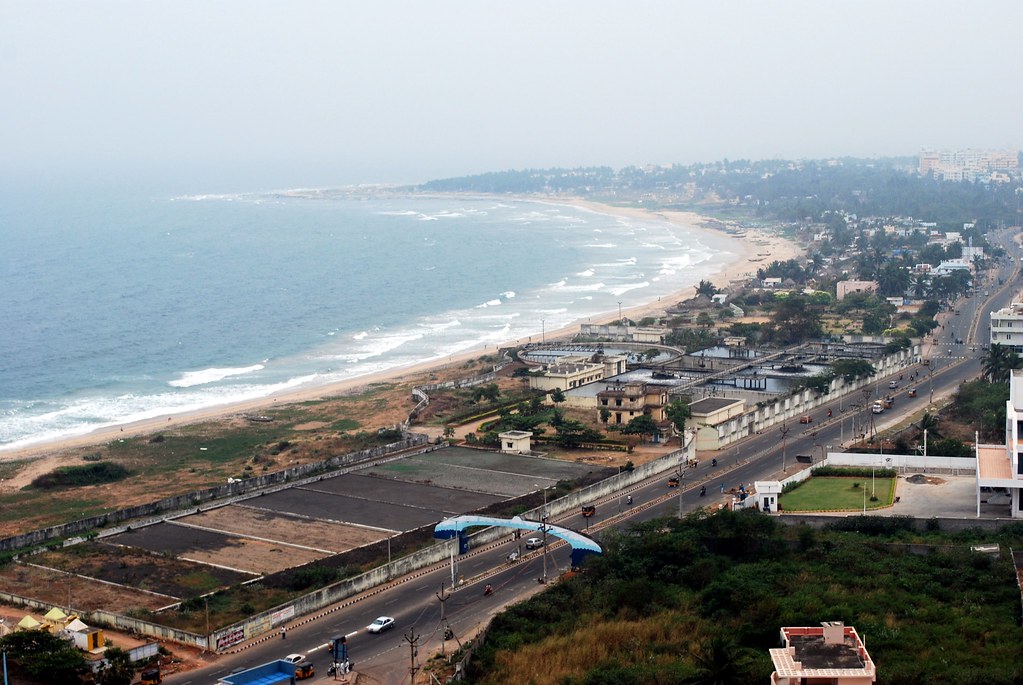The distinguished scientific community, distinguished panelists. My name is Nipun Vinayak. I am a medical doctor by education, and a social doctor by profession. When we studied in MBBS, we considered Social and Preventive Medicine to be a subject that was for the less intelligent. As destiny would have it, I have spent most of my last 14 years, discussing with people, how to shit, where to shit. Only now thankfully, with none less than the H’ble Prime Minister of this country taking up sanitation as a key developmental issue, the subject has become glamorous and is acknowledged publicly as one of the most doable things this country requires.
Why Swachh Bharat ? The question may sound trivial, but let us explore it nevertheless. It will not be an exaggeration if I were to tell you that 4 airplanes, carrying little children crashed in the air skies of India today! I am referring to close to a thousand children who succumb to diarrhoea in this country every day. Alas, it does not make news, since either it is invisible, or accepted as fait accompli. You know it more than anyone else that poor sanitation is a major cause for this. Therefore, SWACHH BHARAT IS REQUIRED URGENTLY BECAUSE IT IS KILLING CHILDREN. This health association of poor sanitation is a knowledge that should become common, very common. There are other reasons too. A survey done 20 years ago brought out that nearly half the people construct toilets for convenience and privacy; very important. No data to support this, but anecdotal evidence indicates that close to half the girls suffer molestation at some point of time, while relieving themselves out in the fields. The plight of an old person, a differently abled person, a pregnant woman or a sick person, when they have to go out for this simple task every morning, can be well imagined. Please do not believe those, who say shitting outside is fun ! Many girls drop out of schools for lack of functional toilets. Besides this, poor sanitation is closely linked to poverty. A World Bank study reported that GDP loss due to poor sanitation was close to 6.4%. Another research mentioned that the economic returns of investing 1 $ each in education, health, infrastructure and sanitation was 3$, 5$, 7$ and 9 $ respectively.
Let s revisit the relationship between sanitation and health now. What is the relationship between open shit and diarrhoea ? We know who sits on shit, and where does it go from there.
This is a very secure and sanitised premise. Just outside, after this session, we may have snacks. Is there a possibility of a fly having sit on those snacks ? No ? Yes ? If yes, and if we spot it, what would we do with those snacks ? Will we throw them away ? Yes ? Or will we remove the fly, and eat the snack ? If we eat the snack, what have we eaten ?
Friends, why do you think this practice continues ? Some say, it continues, because people are poor. If poverty was the only reason, Bangladesh, a much poorer country would not have 4% open daefecation, while our country has close to 50%. Some say, it is due to water shortage. African countries with much lesser water availability have lesser open daefecation. Bikaner, a water scarce district, is today free from open daefecation. Some say, it is due to lack of awareness. This is also only partially true. How many of us are aware that smoking is injurious to health? How many us smoke, despite the awareness. You will agree, friends, that the real reason for this practice to continue is behavioural and mindset. We need to work on this behavioural change – we need to talk to people, ‘ trigger’ them to think for themselves, and to take a decision that is beneficial to them. This ‘trigger’ can be any action, that makes a person think, introspect and forces him to take action. Awareness, without this behavioural change trigger will not achieve results.
This is the crux of Swachh Bharat. BEHAVIOUR CHANGE. And not mere construction of latrines. Government, or an NGO or a Corporate can easily construct toilets for people. But without their change of heart, without them realising how necessary those are, without them being part of the solution, there will always be a risk of non usage.
There is another crucial element. Whose behaviour is to be changed. In a village there are 100 people, 50 have toilets, 50 do not have. Who do we target ? A research published in a reputed medical journal brought out that even when toilet coverage increased substantially, but did not reach 100%, there was no significant reduction in diarrhoea. However, increase from near complete to complete brings substantial reduction in diarrhoeal incidents. The fly who sits outside on the snacks today will sit without discriminating between the food of those who have a toilet, and those who don t have. We sail or sink together.Therefore, Swachh Bharat talks of achievement of complete open daefecation free communities i. e. a village or a city, where no one, no one goes out to pollute the water or environment. The behaviour change that is sought to be achieved is collective behaviour change of the community, not individual behaviour change.
Swachh Bharat, friends is this. A trust in the power of community to introspect and change for themselves, a change in the role of government, NGOs and corporates from providers to facilitators.
This changed approach is bringing much better results. In the very first year after the launch of Swachh Bharat, more than eight million households constructed their toilets and began to use them. Nearly 40,000 villages have declared themselves to be free from open daefecation. The school education department, with generous support from corporates, has been able to provide toilets for boys and girls in all the schools.
A final word on the public-private partnership in Swachh Bharat. Swachh India coalition has been constituted to streamline corporate support to the programme. In line of what we have discussed, corporates may further crystallise their plans. I give them this mantra. For a village, where say 100 toilets are to be constructed, Rs 9 lakh are available from Swachh Bharat for toilet construction. If you can contribute 1 lakh for bringing out behaviour change in the right earnest, this 9 lakh will be well spent. Your returns, in this partnership with the district administration, will be worth 10 lakh, and an open daefecation free village. This is the shared value, you understand best.
Swachh Bharat is akin to second war of independence – independence from shit. And we must win. Change is within us; we need to just shed off the dirt ! Jai Swachhta.


